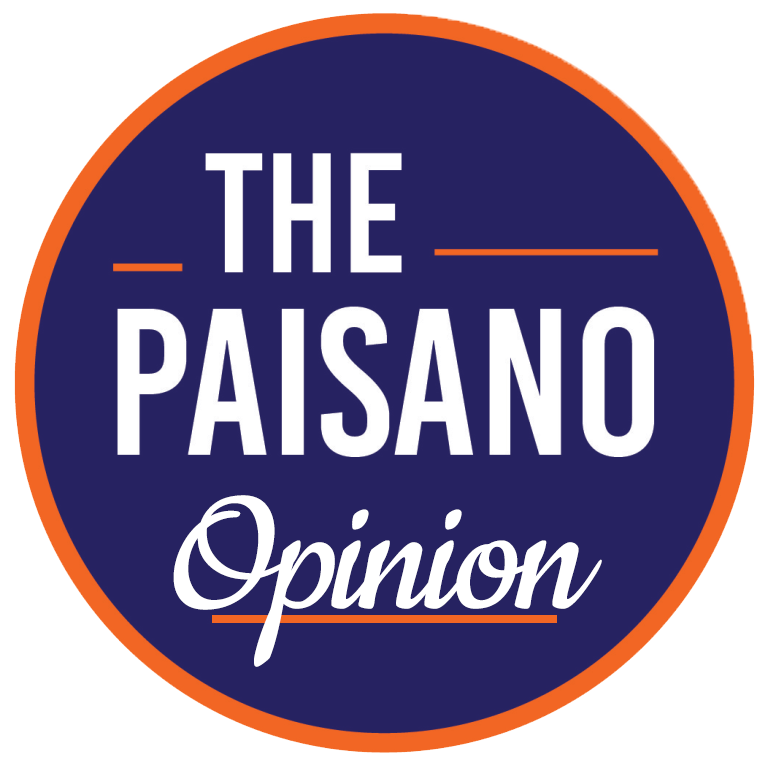“The Cemeteries were separated by religion: Catholics and Protestants.” I wonder if the tour guide actually believes what he’s saying as he leads me through a cemetery. The names on the tombstones are very different from the one my family carries. I can’t help but feel erased. I know the truth. I know the historical marker that sits in San Antonio’s City Cemetery 1 honoring a Confederate soldier wouldn’t be there if this separation really was about religion.
Mexican and Mexican-American people face racial separation, even in death. That’s what my family always says, granted in Spanish, but the sentiment is still the same. I can’t help but remember Felix Longoria, a man who represents the experiences of many Mexican people, and compare him to the confederate soldier buried beneath the historical marker. This Confederate soldier was never denied a burial despite fighting against his country, but Longoria was denied a burial after losing his life while serving in the U.S. Army in World War II. His home mortuary would not take his body. To them, he was not a hero: only a Mexican.
At the start of the 20th century, the Texas Rangers targeted and lynched people of Mexican origin and descent, and immigrants entering El Paso from Mexico were bathed in kerosene. Mass deportations targeted us in the 1930s and 40s. Even in 1954, when the U.S. Supreme Court reviewed Hernandez v. Texas and determined Mexican Americans “a class apart” worthy of the protections guaranteed by the 14th ammendment, the national government implemented “Operation Wetback”: a short lived, almost forgotten, deportation program. Mexican nationals and Mexican-Americans were deported not because the deportations were targeting undocumented immigrants, but instead over 2 million people weren’t seen as worthy of belonging in America.
On Aug. 3, a white male walked into an El Paso Walmart and murdered 22 people with a military-grade rifle. In his eyes, the people of El Paso had no similarities to him, no humanity, and they were responsible for the “Hispanic invasion of Texas.”
Everything behind this horrible event is not new. The hate in the heart of that murderer has been present for centuries. People of Mexican descent and origin have constantly been targets of racial prejudice. However, the experiences and obstacles that my community faces have continually fallen out of the public eye.
My community deserves better. The people of El Paso deserve better. Occasionally, the world seems to cares about us, but even now the same obstacles fought by the Chicano movement remain: the community is subject to violence and devoid of opportunity.
Pretending racism and ignorance are new will only continue this cycle. But yes, please, continue to use us for political gain and continue to promise us change. Use our community to satisfy needs for diversity and photo ops, show our faces, show our struggles–but remember us. We will remember the dangers our families faced and their stories of struggle: even in death our strength remains. We will remember and fight until we are no longer a “class apart.”
Vaya con Dios angelitos. We will continue the fight, even in death.







